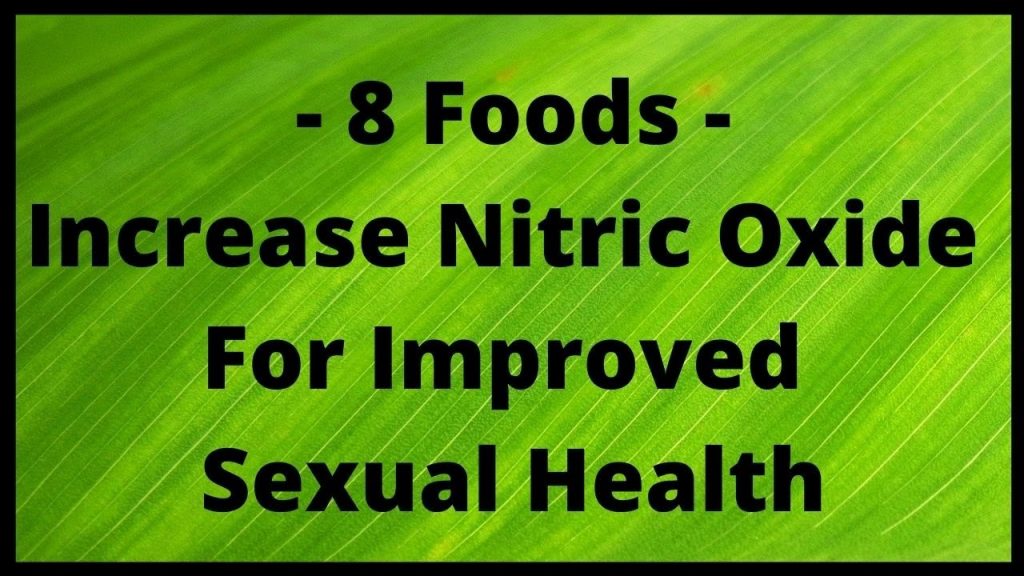Are you struggling to control your blood pressure? Have you tried multiple medications and treatments with little success? Perhaps it’s time to explore a natural approach using nitric oxide.
Nitric oxide is a molecule produced by the body that plays an essential role in regulating blood pressure. In this article, we will delve into the benefits of nitric oxide for blood pressure and explore natural ways to boost its production.
We’ll also discuss lifestyle changes that can improve blood pressure control and how combining nitric oxide with other management strategies can lead to better results. So, if you’re ready to take control of your blood pressure naturally, keep reading!
Key Takeaways
- Nitric oxide plays a crucial role in regulating blood pressure and insufficient levels can lead to cardiovascular problems.
- Natural approaches to improve cardiovascular health include increasing nitric oxide levels through consuming dietary sources high in nitrates and regular exercise, as well as supplements containing L-arginine or citrulline.
- Reducing salt intake, increasing physical activity, and incorporating stress reduction techniques also help in managing blood pressure levels.
- Combining nitric oxide with other strategies such as regular exercise and supplement options like magnesium, potassium, and coenzyme Q10 can enhance effectiveness in managing blood pressure levels.
Understanding Nitric Oxide and its Role in Blood Pressure Regulation
You’re probably wondering how nitric oxide, a tiny molecule, can have such a huge impact on your blood pressure. Well, it’s all about the way it works in your body.
Nitric oxide is produced by cells in the lining of your blood vessels and acts as a signaling molecule that tells your blood vessels to relax and widen. By doing so, it allows more blood to flow through them with less resistance.
The importance of nitric oxide cannot be overstated when it comes to regulating blood pressure. When you have enough nitric oxide in your body, your blood vessels are able to maintain their flexibility and keep blood flowing smoothly. However, when there is not enough nitric oxide present, this can lead to high blood pressure and other cardiovascular problems.
So where does nitric oxide come from? There are several sources of this important molecule, including foods like leafy greens and beets which contain nitrates that are converted into nitric oxide in the body. Exercise is another great way to boost levels of nitric oxide since it stimulates the production of this molecule in the cells lining your blood vessels.
By incorporating these sources into your diet and lifestyle, you can help support healthy levels of nitric oxide for optimal blood pressure regulation.
Benefits of Nitric Oxide for Blood Pressure
Like a gentle breeze that flows through your veins, there’s a natural way to support healthy circulation and maintain optimal cardiovascular function. Nitric oxide plays an essential role in regulating blood pressure by dilating blood vessels and improving blood flow. By increasing nitric oxide levels in the body, you can experience several benefits for your cardiovascular health.
Here are some of the benefits of nitric oxide for blood pressure:
Lowered Blood Pressure: Studies show that increasing nitric oxide levels can help reduce high blood pressure. This effect is due to the ability of nitric oxide to relax the smooth muscles lining the walls of arteries.
Improved Endothelial Function: The endothelium is a thin layer of cells that lines blood vessels. Nitric oxide helps improve endothelial function by promoting vasodilation, reducing inflammation, and preventing platelet aggregation.
Supplement Options: There are several supplement options available that can help increase nitric oxide levels in the body. These include dietary nitrates found in green leafy vegetables, supplements containing L-arginine or L-citrulline, and beetroot juice.
Research evidence has shown that incorporating natural approaches like increasing nitric oxide levels into your daily routine can lead to significant improvements in blood pressure regulation and overall cardiovascular health. With various supplement options available today, it’s easy to find one that fits your lifestyle and needs. Remember to consult with your healthcare provider before starting any new supplement regimen or making significant changes to your diet or exercise routine.
Natural Ways to Boost Nitric Oxide Production
There are simple ways to increase your body’s production of nitric oxide, which is essential for promoting better circulation and cardiovascular function.
One natural way to boost nitric oxide production is through consuming dietary sources high in nitrates, such as leafy greens, beets, and pomegranate. These foods help convert nitrate into nitrite and then into nitric oxide in the body.
Another natural method to increase nitric oxide levels is through regular exercise. Physical activity stimulates the production of this molecule by increasing blood flow and oxygen delivery to tissues. Even low-intensity exercises like walking or cycling can have a positive impact on nitric oxide levels.
If you’re looking for an additional boost, supplements containing ingredients such as L-arginine or citrulline may help increase nitric oxide production. These amino acids act as precursors for the synthesis of this vital molecule in the body. However, it’s important to speak with a healthcare professional before starting any new supplement regimen to ensure safety and effectiveness.
Lifestyle Changes for Improved Blood Pressure Control
Making small changes to your daily routine can go a long way in controlling your blood pressure. One of the most important modifications you can make is reducing your salt intake. Excess salt in your diet is linked to high blood pressure, so try to limit your consumption of processed foods and snacks that are high in sodium.
Another key lifestyle change for improved blood pressure control is increasing physical activity. Regular exercise not only helps strengthen the heart and improve circulation, but it also helps reduce stress levels – a major contributor to hypertension. Aim for at least 30 minutes of moderate-intensity physical activity each day, such as brisk walking or cycling.
Incorporating stress reduction techniques into your daily routine can help lower blood pressure as well. Simple practices like deep breathing exercises, meditation, or yoga can be effective ways to combat stress and promote relaxation.
By making these small yet significant changes to your lifestyle, you may find that you can naturally improve your blood pressure and overall health without the need for medication.
Combining Nitric Oxide with Other Blood Pressure Management Strategies
To effectively manage hypertension, it’s crucial to combine nitric oxide with other strategies such as regular exercise and stress reduction techniques. While NO supplements can help improve blood pressure, incorporating lifestyle changes into your routine can significantly enhance their effectiveness.
One of the most important lifestyle changes you can make is to engage in regular exercise. Exercise has numerous benefits for the body, including reducing inflammation and improving circulation. This increased circulation helps to deliver more oxygen and nutrients to the body’s tissues while also flushing out waste products that could contribute to high blood pressure levels.
In addition to exercise, there are also various supplement options available that may help lower blood pressure in conjunction with nitric oxide. These include magnesium, potassium, and coenzyme Q10 supplements, which have been shown to have a positive effect on cardiovascular health. By incorporating these supplements along with an exercise routine and nitric oxide supplementation, you can take a natural approach towards managing your blood pressure levels.
Conclusion
Congratulations! You now understand the importance of nitric oxide in regulating blood pressure. By boosting your body’s production of this natural molecule, you can improve your cardiovascular health and reduce your risk of hypertension.
But remember, there are no quick fixes when it comes to managing blood pressure. It requires a combination of lifestyle changes, such as exercise and healthy eating habits, along with natural supplements like nitric oxide boosters.
Think of it like building a sturdy house: each brick represents a small change that contributes to overall stability.
So take control of your health and start incorporating these strategies today. Your heart will thank you for it!


